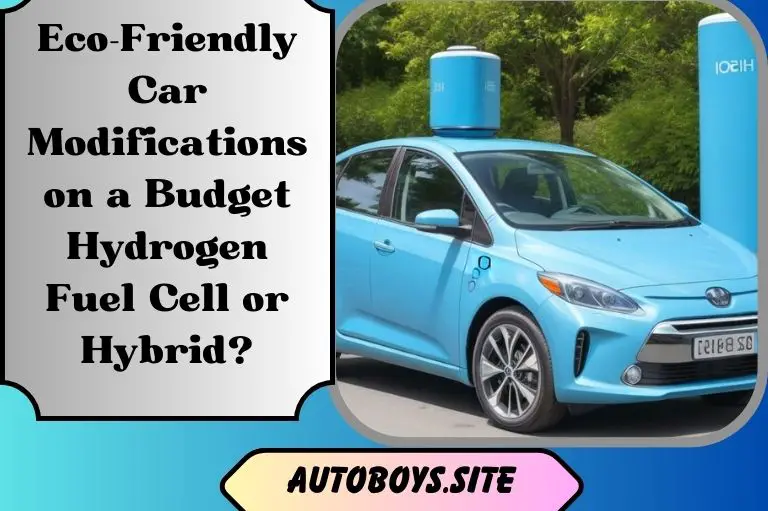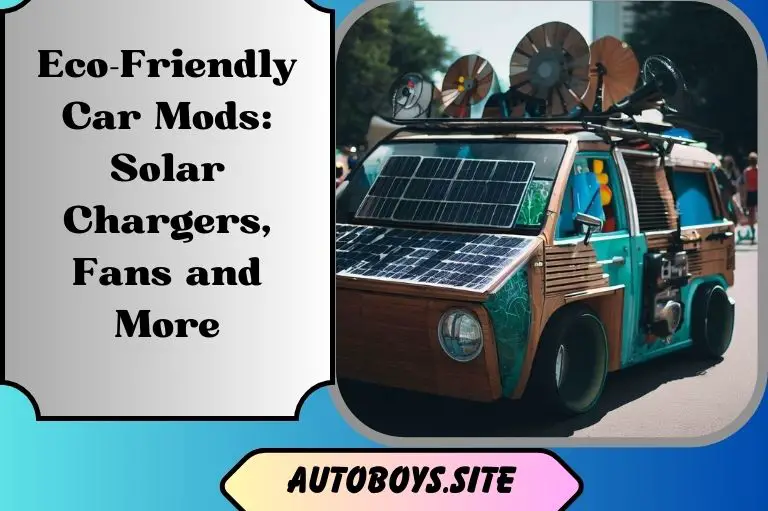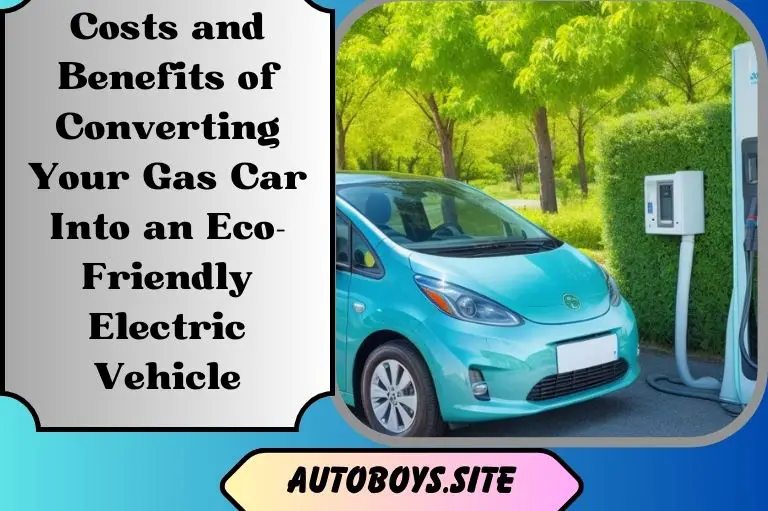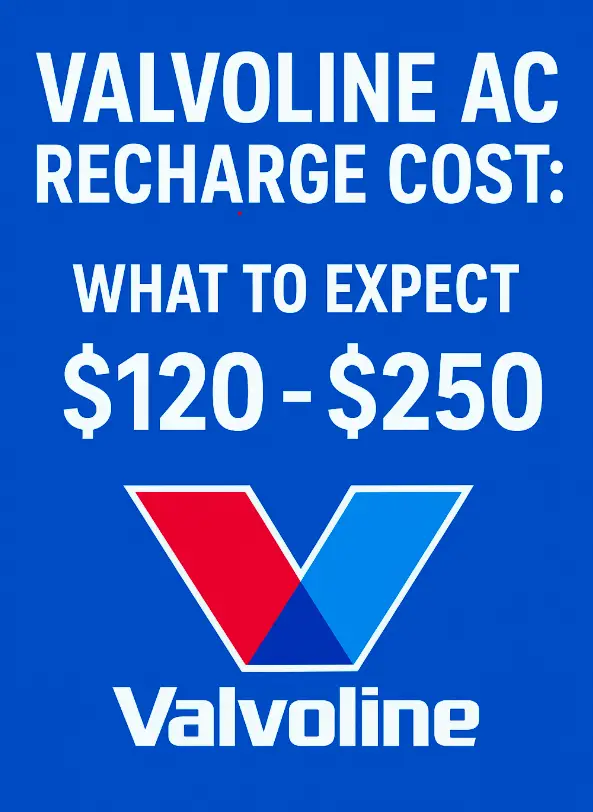Eco-Friendly Car Modifications on a Budget: Hydrogen Fuel Cell or Hybrid?
You want to do your part to reduce your carbon footprint but buying an expensive new eco-friendly vehicle just isn’t in the budget. As an eco-friendly car expert, you know there are ways to make your existing vehicle greener without breaking the bank. Should you invest in converting your car to run on hydrogen or are there more affordable hybrid options? If you live in an area with limited hydrogen fuel availability, then you may want to consider other eco-friendly car modifications.
Hydrogen Fuel Cell Cars: The Pros and Cons
If you’re interested in eco-friendly vehicle technology, hydrogen fuel cell cars seem like an exciting option. These zero-emission vehicles produce only water vapor as a byproduct and have a long-range per fill-up. However, the reality is more complicated. Here are some pros and cons to consider before modifying your car to run on hydrogen:
Pros:
- Hydrogen fuel cell cars have a driving range of up to 300 miles per fill-up and refuel in just 3-5 minutes.
- They produce no harmful emissions – only water vapor. This makes them much more environmentally friendly than gas-powered cars.
- Hydrogen is the most abundant element in the universe, so the fuel source is sustainable.
Cons:
- Hydrogen fuel cell technology is expensive. Converting a standard vehicle can cost $50,000 or more. New hydrogen-powered cars also have a high sticker price.
- There are currently few hydrogen refueling stations, so you may experience “range anxiety” and difficulties refueling. Only about 40 public stations exist in the U.S.
- Although hydrogen itself is abundant, producing and distributing it as a fuel requires energy and resources. Most commercial hydrogen is made from natural gas, a fossil fuel.
- Hydrogen fuel cell cars require advanced technology like carbon fiber fuel tanks that need to withstand very high pressures. This also contributes to the high cost.
If eco-friendly and zero-emissions driving is important to you but hydrogen infrastructure and technology are limited in your area, a hybrid or fully electric vehicle may be a more practical option right now. However, hydrogen fuel cell cars show a lot of promise for the future if costs can be reduced and more stations made available. The choice ultimately comes down to your needs, priorities, and how willing you are to deal with the downsides of this new technology.
Other Eco-Friendly Car Modifications to Consider
If hydrogen fuel cell cars are not practical for you, especially if you live in an area with limited hydrogen fuel availability, then you may want to consider other eco-friendly car modifications.
Eco-Friendly Engine Upgrades
Installing a fuel-efficient engine can be a cost-effective and eco-friendly car modification. Replacing your current engine with a hybrid or fully electric one is ideal, but may not fit every budget. As an alternative, you can install a smaller gas-powered engine to improve your miles per gallon.
High-Performance Tires
Upgrading your car’s tires to eco-friendly ones can improve fuel efficiency and reduce carbon emissions. Low-rolling resistance tires, especially, can boost your gas mileage by up to 10 percent. These tires are designed to minimize friction between the road and the tire.
Synthetic Motor Oils
Using synthetic oils in your car can help reduce friction and improve fuel efficiency, making it an eco-friendly modification. Synthetic oils flow better in cold weather and protect your engine, which can translate into better gas mileage.
Additional Tips
Other easy eco-friendly car modifications include reducing excess weight, avoiding aggressive driving, and keeping your engine properly tuned up. Together, these kinds of changes can significantly lower your vehicle’s environmental impact and save you money at the pump. While hydrogen fuel cell cars may be the future, eco-friendly upgrades to your existing vehicle can make a big difference today.
Hybrid Vehicles: A More Affordable Eco-Friendly Option
If hydrogen fuel cell cars are not yet available or practical in your area, hybrid vehicles offer an affordable eco-friendly option. Hybrids combine an electric motor and a gas-powered engine to improve fuel efficiency and reduce emissions. Many major automakers now offer hybrid models at price points comparable to traditional gas-powered cars.
2019 Toyota Prius C and 2019 Hyundai Ioniq Hybrid
The 2019 Toyota PRIUS C and 2019 Hyundai IONIQ HYBRID are two of the most affordable hybrid models, starting at around $21,000. They can achieve 50-60 MPG in the city and highway, cutting your fuel costs and environmental impact in half compared to a standard sedan.
2023 Honda CR-V Hybrid
For those wanting an eco-friendly SUV, the 2023 Honda CR-V Hybrid starts at a reasonable $32,950. It has an EPA-estimated 40 MPG in the city and 35 MPG on the highway. The CR-V Hybrid offers plenty of interior space and cargo room for families and outdoor enthusiasts.
Ford Maverick Pickup Truck
Ford’s new Maverick pickup truck hybrid has an EPA estimated 42 MPG in the city and 33 MPG on the highway, making it an incredibly fuel-efficient choice for a small truck. With a starting price of around $21,000, the Maverick hybrid gives you the utility of a pickup without the poor fuel economy.
Additional Considerations
Other options to improve your vehicle’s eco-friendliness include:
- Using recycled motor oil and air filters
- Keeping your tires properly inflated for maximum efficiency
- Removing excess weight from your vehicle
- Observing the speed limit and avoiding aggressive driving
- Turning off your vehicle instead of idling to reduce emissions
While hydrogen fuel cell technology offers an exciting glimpse into the future of green transportation, hybrid vehicles provide an affordable and practical eco-friendly option today. Reducing your environmental impact doesn’t require a big budget if you choose an efficient hybrid model and practice energy-saving driving habits. Together, we can all make a difference by improving the sustainability of our daily transportation.
Finding Alternative Fueling Stations Near You
As an eco-friendly car owner, finding alternative fueling stations to charge or refuel your vehicle is key. There are a few useful resources to help locate stations near you or along your route.
Alternative Fueling Station Locator app
The Alternative Fueling Station Locator app, available for iOS and Android, helps find fueling stations that offer electricity, natural gas, biodiesel, E85, propane, and hydrogen. Just enter your location or destination and the app will show you nearby stations and their hours of operation, fuel types, and access details. For hydrogen fuel cell vehicle owners, this app is invaluable for planning trips and ensuring you have adequate range.
Alternative Fuels Data Center station locator
The U.S. Department of Energy’s Alternative Fuels Data Center maintains a website where you can find alternative fueling stations for your eco-friendly car. Enter your address or zip code and select the fuel type like hydrogen, electricity, or natural gas. The site will provide details on the closest stations like location, hours, access, and payment options. As a bonus, they offer route planning tools to map out long drives and ensure you have access to the necessary infrastructure along the way.
State employee resources
If you are a state employee, many states offer resources to help locate alternative fueling stations for government fleet vehicles. For example, in Colorado, the Office of Fleet and Asset Management maintains a database of AFV charging and fueling stations that state employees can access. Their Alternative Fueling Station Locator provides details on over 600 stations statewide that offer hydrogen, electric, propane, natural gas, and biodiesel. Check with your state’s Department of Transportation or Office of Fleet Management to see if they offer a similar tool.
Using these helpful locators and planning your trips carefully will ensure you have a positive experience driving an eco-friendly hydrogen fuel cell or hybrid vehicle. With some forethought, you can confidently take your alternative fuel vehicle wherever the road may lead.
Conclusion
As an eco-friendly car expert, you understand the pros and cons of the options available for modifying vehicles to be more environmentally friendly. While hydrogen fuel cell cars are the ideal zero-emissions solution, the high cost and limited infrastructure may make them unrealistic for you and your audience. However, that doesn’t mean you should give up on improving your vehicle’s eco-friendliness and reducing your carbon footprint. For those on a budget, hybrid conversion kits and all-electric options provide affordable alternatives. Though not completely zero-emissions, they can still cut down on pollution and fuel usage.
As an expert in this field, keep exploring the options and sharing your knowledge – together, we can all work to make eco-friendly cars more accessible and help the planet. There are always steps we can take, even small ones, to make a difference.







